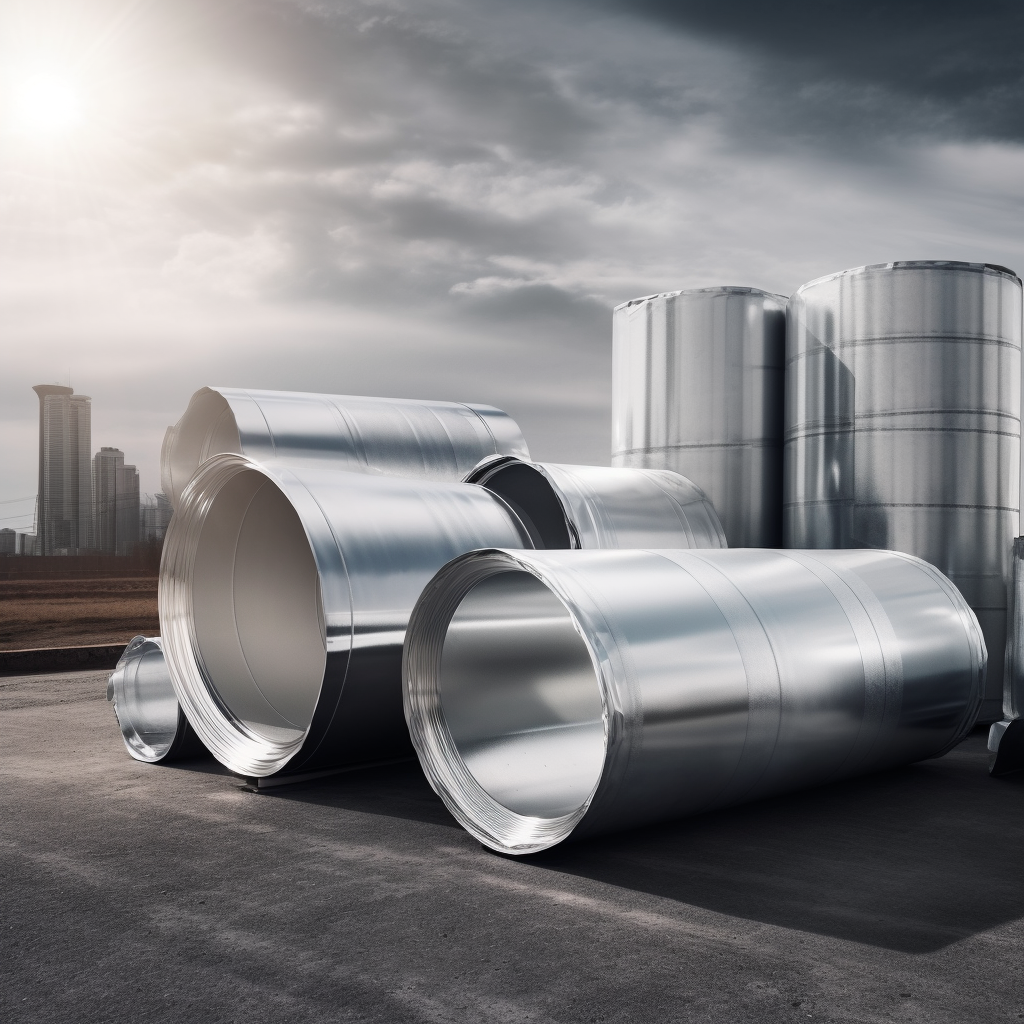October 19, 2023
Addressing Climate Impact in Aluminum and Steel Industries
Book a Demo
The aluminum associations of the United States, Europe, Canada, and Japan have recently given their seal of approval to a new report by the Organization for Economic Cooperation and Development (OECD) that sheds light on the climate implications of government support in aluminum smelting and steelmaking.
The report uncovers that the current level of government support has inadvertently boosted both output and greenhouse gas emissions. This, in turn, has shifted production to less efficient and more polluting plants, particularly in China and India. These countries have emerged as the principal contributors to the global greenhouse gas emissions, thanks to their heavy reliance on these industries.
In its findings, the OECD report suggests that if the existing government support were to be eliminated, it would result in a reduction of global greenhouse gas emissions by 1%. This would be achieved while only causing a minimal decrease in global output by 0.3%. This seems to be a small price to pay for a significant step towards controlling the global warming crisis.
Furthermore, the report indicates that addressing excessive subsidies and ensuring a level playing field globally can be a cost-effective strategy to reduce emissions in sectors that are notoriously hard to curb, like aluminum. It calls for a comprehensive and strategic approach to tackle the issue of climate change.
The aluminum associations have shown their commitment towards this cause. They are dedicated to collaborating with international organizations and governments to ensure that responsibly and sustainably produced aluminum contributes to a global clean energy economy.
In a similar vein, the aluminum associations of the United States, Europe, Canada, and Japan have welcomed another report by the International Monetary Fund (IMF), OECD, World Bank Group (WBG), and World Trade Organization (WTO) titled “Subsidies, Trade, and International Cooperation”. This report draws attention to the fact that distortive subsidies are on the rise, causing disruption in the trading system and demanding global attention for resolution.
Echoing the sentiments of the report, the aluminum associations are calling for immediate action to establish a global level playing field. This would mean eliminating subsidies that favor a few firms at the expense of many. They express their readiness to work with international organizations and governments to achieve this, demonstrating their commitment to sustainable practices.
These recent reports and the responses of the aluminum associations highlight the pressing need for international cooperation and sustainable practices in the aluminum and steel industries. Time is of the essence, and the call for action is now.



